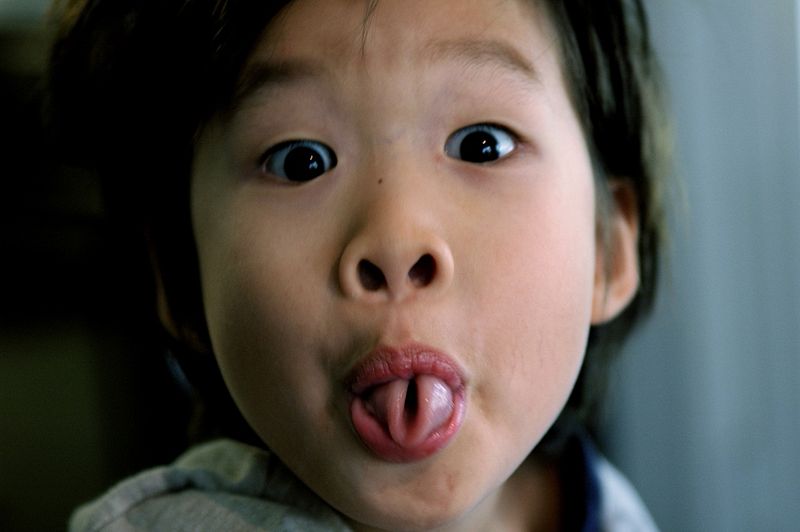It's on the tip of my tongue - and that's where it'll stay if you're not careful
The claim that we learn from our mistakes would appear to be wrong, according to a new study from Canada.
 McMaster University researchers Karin Humphreys and Amy Warriner, writing in the Quarterly Journal of Experimental Psychology, have found that the worst thing to do when you experience a word on the tip-of-the-tongue experience, is to dwell on it - because otherwise you'll make it happen again.
McMaster University researchers Karin Humphreys and Amy Warriner, writing in the Quarterly Journal of Experimental Psychology, have found that the worst thing to do when you experience a word on the tip-of-the-tongue experience, is to dwell on it - because otherwise you'll make it happen again.
The team made the discovery by studying 30 students who were presented with statements provoking them to recall certain words. The statements were carefully chosen to elicit tip of the tongue experiences, mainly by focusing on rare words or expressions. After reading a statement the participants were told to press one of three buttons: Know, Don't Know and TOT (tip of the tongue).
When they experienced a TOT the team waited either 10 seconds or 30 seconds before telling them the word they were looking for.
Two days later the same students repeated the test using the same statements. In many cases the same statements provoked TOTs again, but more shocking was that on words in the first trial where the students were given the longest waiting times (30 seconds) before being told the word they were looking for, they were much more likely (50% more likely) to experience a TOT again.
The researchers think that this is because by trying to retrieve the TOT word the brain is actually learning to forget it. "Music teachers know this principle," says Humphreys. "They tell you to practice slowly. If you practice fast you'll just practice your mistakes". Instead, they urge those suffering a TOT experience to quickly ask a colleague for the missing word, or look it up on the Internet. Otherwise, says Humpreys, "you'll keep digging yourself the wrong pathway."









Comments
Add a comment